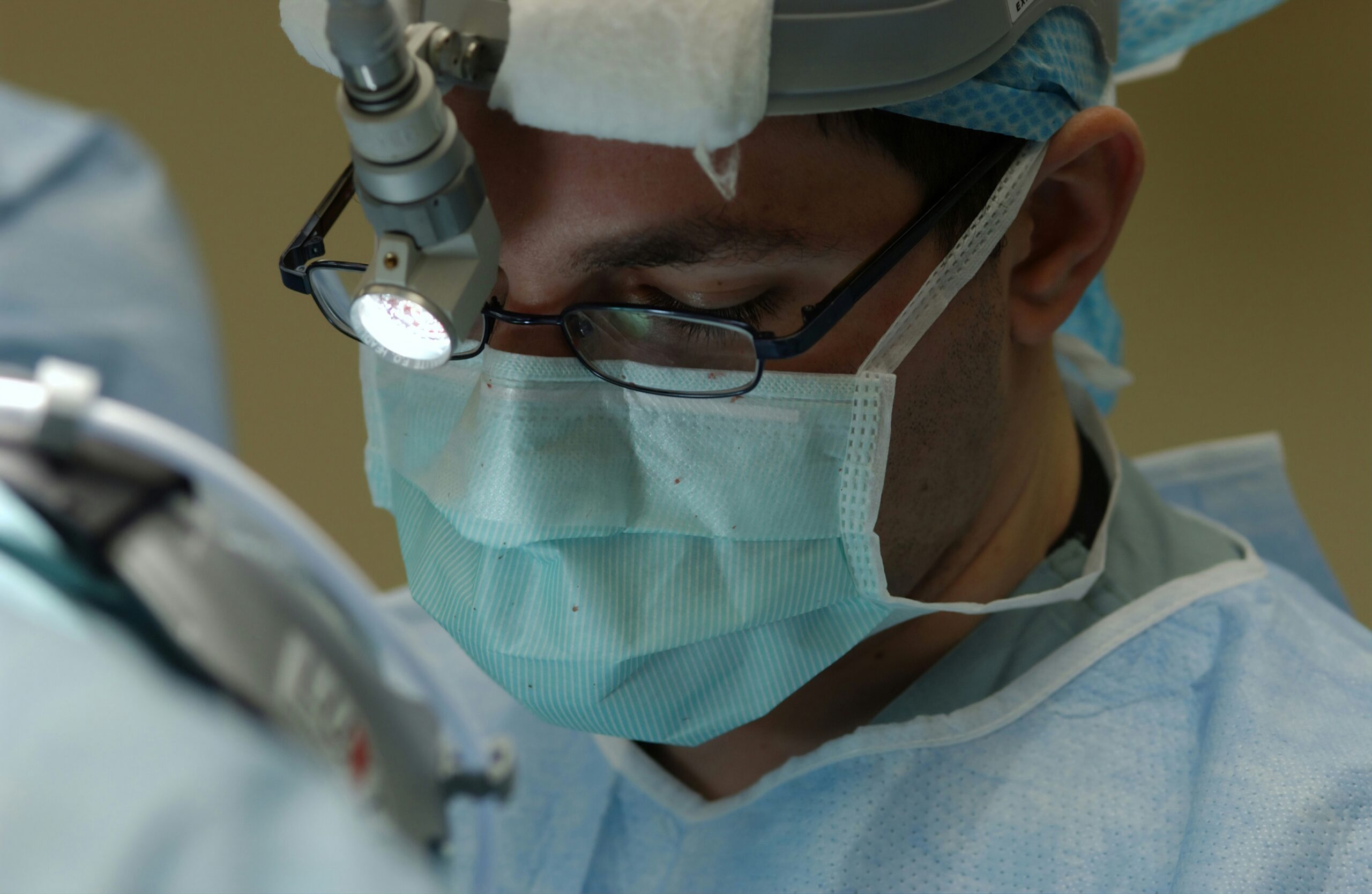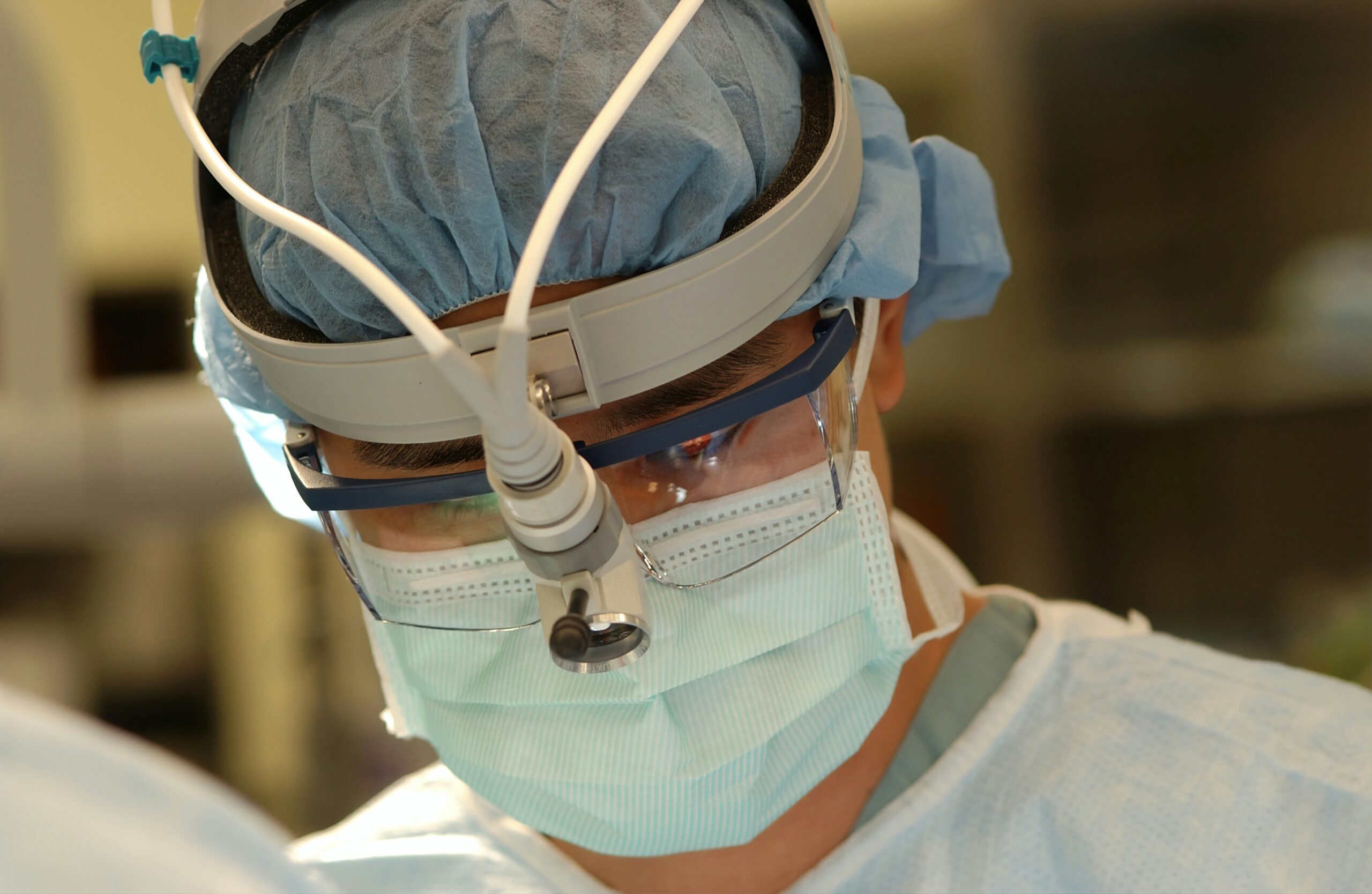If you've ever wondered how the position of the prostate might impact your bowel movements, you're not alone. This article delves into the surprising connections between prostate health and digestive function. Through a detailed exploration, you'll discover how the proximity of the prostate to the rectum can influence your bowel habits, shedding light on a topic often overlooked but vital for anyone seeking to understand this intricate aspect of men's health. Have you ever wondered if the position of the prostate could actually affect your bowel movements? It's a common question, and one that can stir a fair amount of curiosity and concern, especially among men as they age. The relationship between these two seemingly unrelated bodily functions is more interconnected than you might think.
In this friendly deep-dive, we'll explore how the prostate's position and health can influence your digestive system and overall wellbeing.
Understanding the Prostate
What is the Prostate?
The prostate is a small, walnut-sized gland situated below the bladder and in front of the rectum. Its primary function is to produce a fluid that makes up part of the semen. This fluid nourishes and transports sperm during ejaculation. Despite its modest size, the prostate plays a crucial role in male reproductive health.
Anatomy and Location
Understanding the prostate's exact location can help you grasp how it might impact other bodily functions, including bowel movements. The gland encircles the urethra, the tube that carries urine and semen out of the body. Given its proximity to the rectum, any changes in the prostate's size or position can potentially affect the lower digestive tract.
Here's a quick table to help visualize the anatomy:
| Organ | Location | Function |
|---|---|---|
| Prostate | Below bladder, in front of rectum | Produces seminal fluid |
| Bladder | Above prostate | Stores urine |
| Urethra | Runs through prostate | Carries urine and semen out of the body |
| Rectum | Behind prostate | Stores feces before they are expelled |
The Relationship Between the Prostate and the Digestive System
Prostate Enlargement
As men age, it's common for the prostate to enlarge—a condition known as benign prostatic hyperplasia (BPH). This enlargement can compress the urethra, leading to symptoms like frequent urination and a weak urine stream. However, an enlarged prostate can also exert pressure on the rectum, affecting bowel movements.
How Compression Affects Bowel Movements
When the prostate enlarges and pushes against the rectum, it can create a sensation of fullness or the need to defecate. This pressure can also make it more challenging to fully empty the bowels, leading to constipation, a condition marked by infrequent or difficult bowel movements. The discomfort may even extend to a feeling of incomplete evacuation, where you feel that your bowel movement isn't finished even after using the bathroom.
The Role of Inflammation
Prostatitis, or inflammation of the prostate, can also impact bowel movements. This condition can swell the prostate, which might press against the rectum and disrupt normal bowel function. Inflammation can cause pain in the pelvic area, making both urination and defecation uncomfortable and potentially leading to constipation.

Specific Conditions to Be Aware Of
Prostatitis
Prostatitis is an inflammation of the prostate that can be either bacterial or non-bacterial. Symptoms include pelvic pain, difficulty urinating, and painful ejaculation. Yet, another less discussed but significant symptom is bowel movement irregularity. Because the inflamed prostate can press against the rectum, men suffering from prostatitis may experience constipation or painful bowel movements.
Benign Prostatic Hyperplasia (BPH)
As mentioned earlier, BPH is the enlargement of the prostate gland common in older men. While it's generally non-cancerous, BPH can cause discomfort and complications, including constipation and straining during bowel movements. Understanding BPH's impact on your body can help you manage these symptoms more effectively.
Prostate Cancer
Prostate cancer is a serious condition that usually progresses slowly. While early stages might not disrupt bowel movements, advanced stages can cause significant changes in the prostate's position and size, pressing against the rectum and bladder. These changes can lead to bowel movement challenges, among other symptoms.
Prostate Surgery and Procedures
Prostate surgeries, such as transurethral resection of the prostate (TURP) or prostatectomy, can also affect bowel movements. Surgical procedures may temporarily disrupt pelvic floor muscles and nerves, potentially leading to constipation or fecal incontinence. Post-surgery recovery often includes managing these symptoms until normal function resumes.
Symptoms to Watch Out For
Altered Bowel Habits
If you notice a sudden change in your bowel habits, such as unexpected constipation or straining, it could be related to prostate issues. While occasional irregularity is normal, prolonged or severe changes might necessitate a visit to your healthcare provider.
Pelvic Pain and Discomfort
Pelvic pain is another symptom that could indicate prostate problems affecting your bowel movements. This discomfort can be widespread and might affect not just the pelvic area, but also the lower back and groin.
Sensation of Fullness
Feeling constantly full or the frequent urge to defecate can also be a sign of prostate-related issues. This sensation may result from the enlarged prostate pressing on the rectum, making it difficult to fully empty your bowels.
Straining During Bowel Movements
Consistently having to strain to pass stools might indicate that your prostate is affecting your digestive system. Straining can further complicate and exacerbate both prostate and digestive health issues.

Diagnosis and Testing
Medical Examination
When you visit a healthcare provider to discuss potential prostate issues, a digital rectal examination (DRE) is typically performed. During this exam, the doctor can feel the size and shape of your prostate, checking for abnormalities that might affect bowel movements.
PSA Test
A Prostate-Specific Antigen (PSA) blood test can help detect prostate abnormalities. Elevated PSA levels can indicate conditions like prostatitis, BPH, or prostate cancer, all of which could impact bowel movements.
Imaging Studies
In some cases, your healthcare provider might recommend imaging studies such as an ultrasound or MRI to get a clearer picture of your prostate's condition and its relationship to surrounding organs like the rectum and bladder.
Managing Prostate-Related Digestive Issues
Lifestyle Changes
Making simple lifestyle adjustments can significantly improve both prostate and digestive health. Regular exercise, a fiber-rich diet, and staying hydrated can alleviate symptoms of constipation and improve urinary flow.
Medications
Several medications can help manage enlarged prostate symptoms. Alpha-blockers can relax prostate and bladder muscles, easing urination. 5-alpha-reductase inhibitors can shrink the prostate, reducing its impact on the rectum. Always consult with your healthcare provider before starting any medication.
Regular Medical Checkups
Consistent monitoring and regular check-ups with your healthcare provider are crucial. Early detection of any changes in prostate size or function can help manage symptoms effectively and prevent complications.
Pelvic Floor Exercises
Pelvic floor exercises, such as Kegel exercises, can strengthen the muscles surrounding the prostate and rectum. These exercises can help improve urinary and bowel control, reducing the impact of an enlarged or inflamed prostate.

When to Seek Medical Help
Persistent Symptoms
If you experience persistent symptoms related to bowel movements and suspect they might be linked to prostate issues, it's crucial to seek medical advice. Early diagnosis can significantly improve treatment outcomes and quality of life.
Severe Pain or Discomfort
Severe pelvic pain or discomfort that affects your daily activities warrants immediate medical attention. Such symptoms could indicate a serious underlying condition that requires prompt treatment.
Blood in Urine or Stool
Finding blood in your urine or stool is a concerning symptom that should never be ignored. While it might not always be related to prostate issues, it's essential to get it checked by a healthcare provider to rule out any serious conditions.
Treatment Options
Medications for Prostatitis
For bacterial prostatitis, antibiotics are the primary treatment. Pain relievers and anti-inflammatory medications can also help manage symptoms, easing the discomfort that affects both urination and bowel movements.
Surgical Interventions
In cases of severe BPH or prostate cancer, surgical interventions might be necessary. Procedures like TURP, prostatectomy, or minimally invasive laser surgeries can relieve symptoms but might temporarily affect bowel movements. Post-surgery rehabilitation often includes pelvic floor therapy to restore normal function.
Prostate Cancer Treatments
Prostate cancer treatments can include surgery, radiation therapy, hormone therapy, and chemotherapy. Each treatment carries its own set of side effects, some of which can impact bowel movements. Discussing these potential side effects with your healthcare provider can help manage them effectively.
Preventative Measures
Maintain a Healthy Diet
A balanced diet rich in fruits, vegetables, whole grains, and lean proteins can promote prostate and digestive health. Foods high in fiber can ease bowel movements, reducing the impact of prostate-related digestive issues.
Regular Exercise
Consistent physical activity can help maintain a healthy prostate and digestive system. Exercises like walking, swimming, and yoga can improve overall circulation and muscle tone, alleviating symptoms of both constipation and BPH.
Avoiding Irritants
Certain foods and beverages can irritate your prostate and digestive system. Cutting back on caffeine, spicy foods, and alcohol can help manage symptoms related to prostate and bowel health.
Staying Hydrated
Adequate hydration is essential for maintaining both urinary and digestive health. Drinking plenty of water can help manage constipation and reduce the risk of urinary tract infections, which can complicate prostate issues.
Psychological Impact
Stress Management
Living with chronic prostate issues can be stressful and may impact your mental health. Stress can exacerbate both urinary and digestive symptoms, creating a vicious cycle. Techniques like meditation, deep breathing exercises, and even speaking with a mental health professional can be beneficial.
Seeking Support
Joining a support group can provide emotional relief and practical advice. Sharing your experiences with others who understand what you're going through can help alleviate feelings of isolation and provide strategies for managing symptoms.
Communication with Healthcare Providers
Open communication with your healthcare providers is crucial. Discuss any new or worsening symptoms as soon as they arise. This proactive approach can help tailor treatments to your specific needs and improve both your prostate and digestive health.
Research and Future Directions
Ongoing Studies
Ongoing research continues to explore the intricate relationship between prostate health and digestive issues. These studies aim to develop more effective treatments with fewer side effects, improving quality of life for those affected.
Innovations in Treatment
Innovative treatments, such as focal therapy for prostate cancer and advanced imaging techniques, promise greater precision and fewer complications. Staying informed about these advancements can offer new hope for managing prostate-related digestive issues.
Importance of Early Detection
Early detection of prostate conditions can prevent complications that affect bowel movements. Regular screenings and prompt attention to symptoms can lead to better outcomes and fewer disruptions in your daily life.
Conclusion
Understanding the relationship between prostate health and bowel movements can help you take proactive steps to manage your wellbeing. While the prostate's position can indeed affect bowel movements, early detection and treatment can alleviate many of these issues. By making informed lifestyle changes, seeking regular medical advice, and staying updated on new research, you can better manage your prostate health and maintain a comfortable, active lifestyle.

